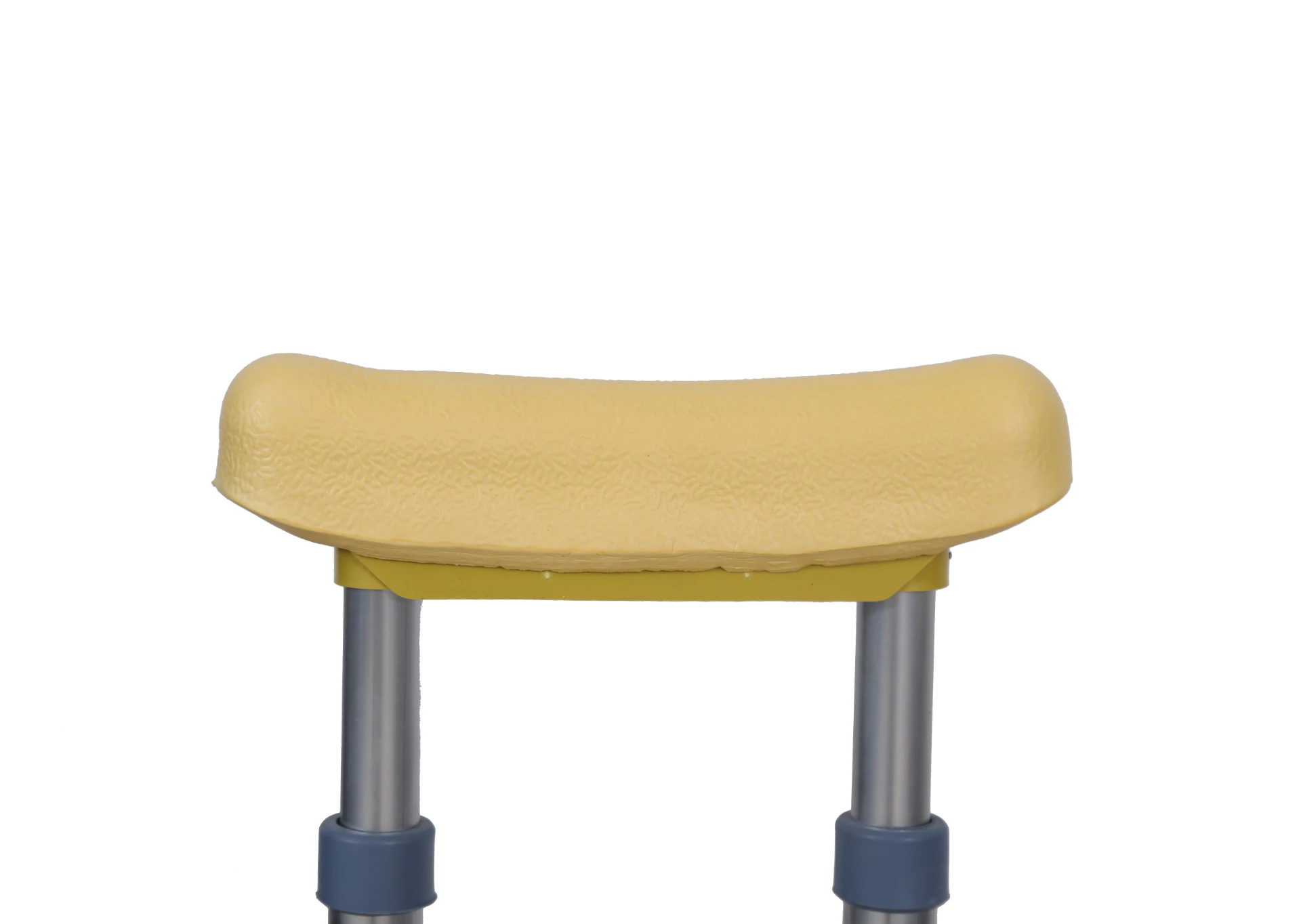Welcome to our websites!
Innovative Mattress Solutions for Enhanced Comfort in Medical Beds and Patient Care
The Importance of Medical Bed Mattresses for Patient Care
In the healthcare sector, every detail matters when it comes to ensuring patient comfort and recovery. One often-overlooked but crucial element is the mattress on which a patient rests. Medical bed mattresses are designed specifically to support patients in hospitals, nursing homes, and home care settings. Their unique features not only enhance comfort but also play a vital role in the prevention of pressure ulcers, promote better circulation, and facilitate overall healing.
Understanding Pressure Ulcers
Pressure ulcers, commonly known as bedsores or decubitus ulcers, are injuries to the skin and underlying tissue that result from prolonged pressure on the skin. These sores are a significant concern, especially for patients with limited mobility, such as those recovering from surgery or dealing with chronic illnesses. The development of pressure ulcers can lead to serious complications, including infections, prolonged hospital stays, and even increased mortality rates.
One of the primary functions of a medical bed mattress is to redistribute pressure away from sensitive areas of the body. Unlike standard mattresses, medical bed mattresses are designed to alleviate pressure points, providing optimal support to vulnerable areas such as the heels, hips, and tailbone. This specialized support can significantly reduce the risk of developing pressure ulcers.
Types of Medical Bed Mattresses
There are several types of medical bed mattresses, each designed with specific features to cater to various patient needs
1. Foam Mattresses These mattresses are made from high-density foam that conforms to the body's shape, providing customized support. They are lightweight, easy to handle, and often come with a waterproof cover for hygiene.
2. Alternating Pressure Mattresses These advanced mattresses use air chambers that alternately inflate and deflate, creating a dynamic surface. This constant change in pressure helps improve blood circulation and further reduces the risk of pressure ulcers.
medical bed mattress

3. Gel Mattresses Incorporating gel technology, these mattresses provide excellent support and help disperse heat and moisture. Gel mattresses can enhance comfort, making them ideal for patients who are sensitive to temperature changes.
4. Static Air Mattresses Unlike alternating pressure mattresses, static air mattresses maintain a consistent level of pressure throughout. They are typically used for patients at low risk of developing bedsores but still need a supportive surface for extended periods of rest.
Benefits for Patients and Caregivers
Investing in a high-quality medical bed mattress provides numerous benefits not only for patients but also for caregivers. For patients, the immediate advantage is enhanced comfort and support, which can lead to improved sleep quality. Adequate rest is essential for recovery, allowing the body to heal more effectively.
On the other hand, caregivers benefit from the ease of managing patient care. A well-designed medical bed mattress can reduce the time spent on repositioning patients, making it easier to maintain skin integrity and comfort. Furthermore, with less incidence of pressure ulcers, healthcare facilities can greatly reduce costs associated with treatment and management of these complications.
Choosing the Right Mattress
When selecting a medical bed mattress, several factors should be considered, including the patient's health condition, mobility level, and personal preferences. Consult with healthcare professionals to determine the most suitable type of mattress for individual needs. It’s also essential to consider the maintenance requirements, including cleaning and the durability of materials used.
Conclusion
Medical bed mattresses play an integral role in patient care, directly affecting comfort and recovery outcomes. As healthcare providers, caregivers, and family members strive to enhance the quality of life for patients, investing in the right medical bed mattress is not just a choice; it is a commitment to promoting health and well-being. By understanding the various types of medical mattresses and their benefits, we can ensure that patients receive the support they need for a smoother recovery journey.
-
Transforming Healthcare with Hospital FurnitureNewsJun.24,2025
-
Rehabilitation EquipmentNewsJun.24,2025
-
Mobility and Independence with WheelchairsNewsJun.24,2025
-
Freedom of Mobility with Our Rollator WalkersNewsJun.24,2025
-
Comfort and Independence with Commode ChairsNewsJun.24,2025
-
Bathing Safety and Independence with Shower ChairsNewsJun.24,2025
-
Navigating the Wholesale Landscape of Electric Mobility Solutions: Key Considerations for Power Wheelchair DealersNewsJun.10,2025











